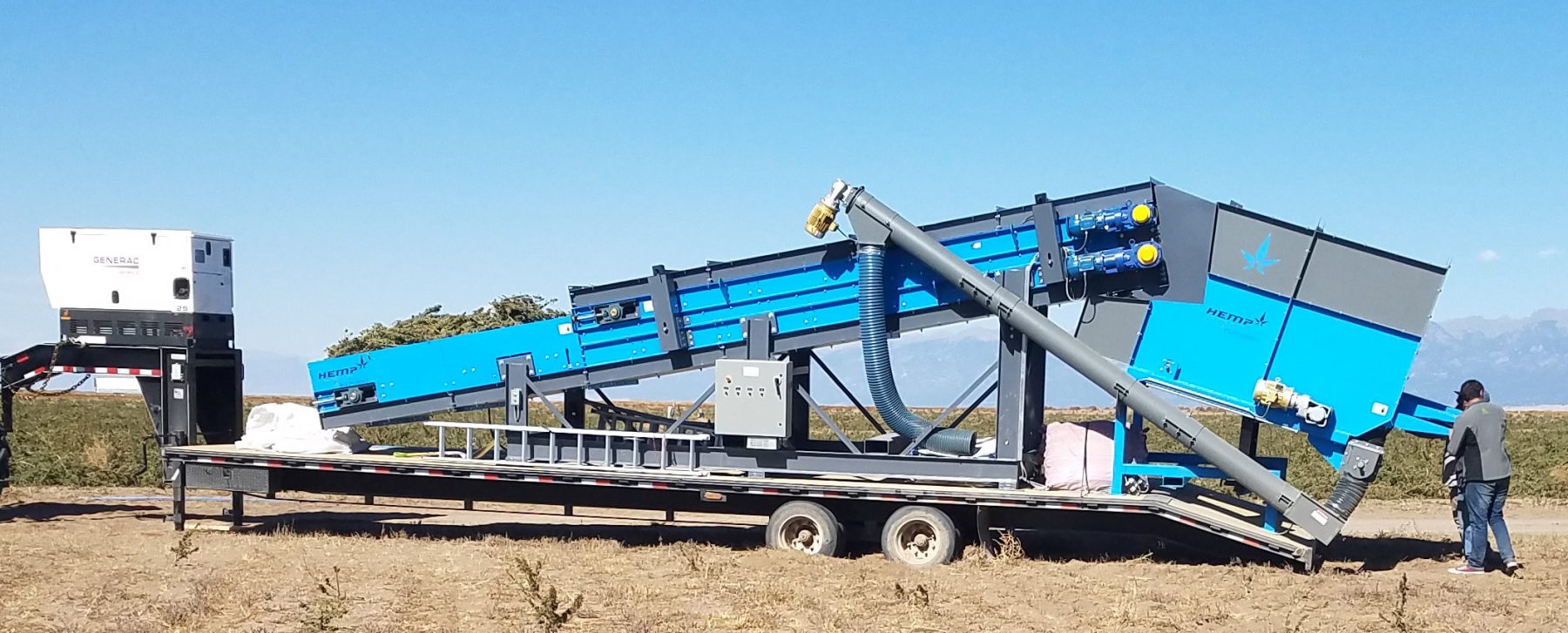
Welcome to Planet Hemp, where sustainability, fair trade, innovation, and inclusivity converge to create a harmonious world powered by nature’s finest offerings.
Embrace the journey of conscious living with Planet Hemp, your global cooperative enterprise dedicated to harnessing the transformative power of hemp. We are a community of passionate individuals united by a shared vision of a more sustainable, equitable, and innovative future.
Sustainability at Heart
At Planet Hemp, sustainability is not just a buzzword; it’s the very essence of our being. We believe in cultivating and processing hemp with utmost care, ensuring minimal environmental impact and preserving the delicate balance of our planet. Our commitment to sustainability extends beyond our products; it permeates our entire operations, from sourcing materials to packaging and shipping.
Fair Trade, Fair for All
We believe in fair trade practices that empower and support our global network of hemp growers and producers. We partner with small-scale farmers who employ organic and regenerative practices, ensuring that their hard work and dedication are justly rewarded. By fostering fair trade partnerships, we contribute to the economic well-being of communities worldwide.
A Haven of Innovation
At Planet Hemp, innovation is the driving force behind our mission. We continuously explore new ways to harness the versatility of hemp, developing groundbreaking products that benefit both humanity and the planet. Our research and development team is constantly pushing the boundaries of hemp applications, from sustainable building materials to innovative healthcare solutions.
Inclusivity: Embracing Diversity
We believe that a sustainable future is built upon diversity and inclusivity. Planet Hemp embraces people from all walks of life, creating an environment where everyone feels valued, respected, and empowered to contribute their unique talents. We foster a culture of open dialogue and collaboration, ensuring that every voice is heard and every perspective is considered.
Join the Planet Hemp Movement
Together, let’s embark on a journey to create a world where sustainability, fair trade, innovation, and inclusivity reign supreme. With Planet Hemp, you are not just a customer; you are a part of a global movement transforming the world with hemp.





